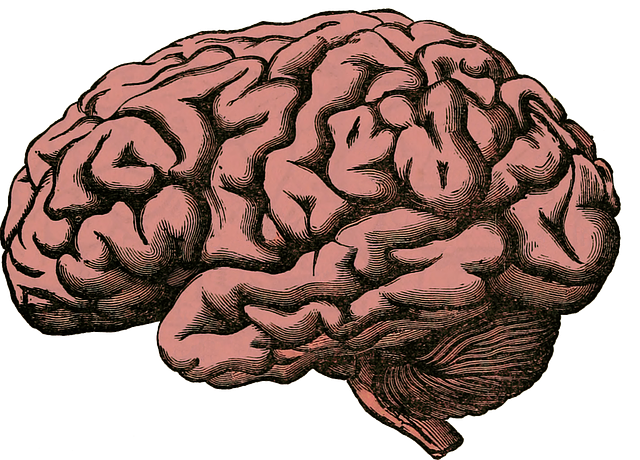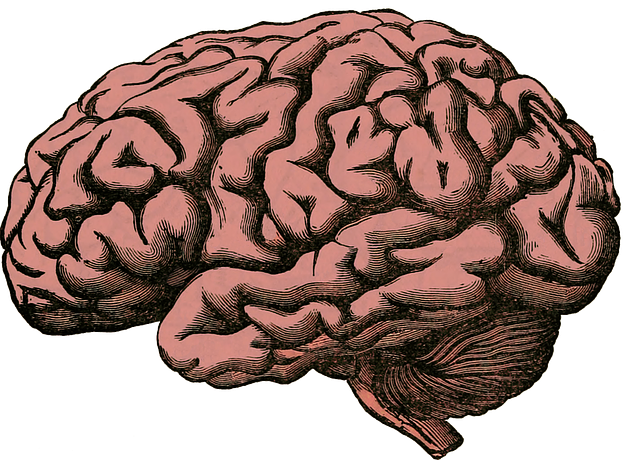Mental health challenges span the lifespan, requiring tailored strategies. Advocacy focuses on school-based interventions for youth, career pressures for adults, and stigma reduction through training and awareness. Therapy for adults and adolescent and teen populations benefit from specialized approaches, community outreach, and online platforms. Building supportive communities normalizes therapy, reduces stigma, and encourages early intervention for better long-term mental health outcomes. Success stories highlight the transformative power of accessible therapy for adults, adolescents, and teens.
Mental health advocacy initiatives play a pivotal role in shaping society’s approach to well-being. This article explores the multifaceted impact of these efforts, focusing on mental health across age groups. We delve into how advocacy influences policy and challenges societal perceptions, while highlighting strategies to enhance accessibility to therapy for adults, adolescents, and teens. Through community engagement and success stories, we uncover the transformative power of advocacy in real-life contexts.
- Understanding the Scope: Mental Health Across Age Groups
- The Impact of Advocacy: Shaping Policy and Perception
- Accessible Therapy: Breaking Down Barriers for Adults, Adolescents, and Teens
- Community Engagement: Strategies for Building Support Networks
- Success Stories: Celebrating the Power of Advocacy in Real-Life Transformations
Understanding the Scope: Mental Health Across Age Groups

Mental health issues transcend age barriers, affecting individuals from childhood through adulthood. This multifaceted aspect demands a comprehensive approach to advocacy that caters to the unique needs of each age group. For instance, adolescent and teen mental health requires strategies focused on school-based interventions, peer support, and access to therapy tailored for this demographic. On the other hand, adult mental illness often involves career pressures, relationship dynamics, and coping with chronic conditions, necessitating different therapeutic approaches.
Addressing mental health across age groups is further complicated by the persistent stigma associated with mental illness. Effective advocacy includes pushing for Healthcare Provider Cultural Competency Training to address bias and improve patient care. Public Awareness Campaigns Development can play a pivotal role in destigmatizing mental health issues, encouraging open conversations, and promoting early intervention. By understanding the scope of mental health across age groups, advocates can develop inclusive initiatives that foster well-being at every stage of life.
The Impact of Advocacy: Shaping Policy and Perception

Mental health advocacy plays a pivotal role in shaping public policy and shifting societal perceptions. Through dedicated efforts, advocacy groups bring attention to mental health issues, challenging stigmatization and promoting understanding. This collective action leads to the creation of more comprehensive support systems, including improved access to therapy for adults, adolescents, and teens. By engaging policymakers and community leaders, advocates drive the implementation of evidence-based practices such as mindfulness meditation and stress management workshops, ensuring these life-enhancing resources are readily available.
Moreover, advocacy initiatives facilitate the development of robust Community Outreach Programs that target underserved populations. These programs bridge gaps in mental health services, fostering a sense of belonging and empowerment among individuals who might otherwise struggle silently. The impact extends beyond policy changes; it inspires community engagement, encourages early interventions, and ultimately contributes to improved overall well-being.
Accessible Therapy: Breaking Down Barriers for Adults, Adolescents, and Teens

In recent years, there has been a growing recognition of the need for accessible therapy options, particularly targeting adults, adolescents, and teens. Breaking down barriers to mental health care is crucial, as many individuals face challenges such as cost, stigma, or limited availability of specialized services. Initiatives focused on making therapy more inclusive have gained momentum, leveraging technology to reach a wider audience through online platforms and telemedicine. These innovations ensure that people from diverse backgrounds can access much-needed support from the comfort of their homes.
Community outreach programs play a pivotal role in this advocacy by raising awareness about mental wellness and self-esteem improvement. They bridge the gap between those who need help and the resources available, providing educational workshops, peer support groups, and accessible therapy sessions tailored to different age groups. By integrating these programs into communities, we foster an environment where seeking therapy is normalized, reducing the stigma associated with mental health issues and encouraging early intervention for better long-term outcomes.
Community Engagement: Strategies for Building Support Networks

Building support networks within communities is a vital aspect of mental health advocacy initiatives, fostering an environment where individuals can find comfort and understanding. Community engagement strategies involve organizing awareness campaigns, educational workshops, and peer support groups tailored to diverse populations, including adults, adolescents, and teens. These platforms encourage open conversations about mental health, reducing stigma and promoting early intervention for those facing challenges such as depression prevention.
By incorporating cultural sensitivity in mental healthcare practice, these initiatives ensure that services are accessible and inclusive. This involves training professionals in risk assessment for mental health professionals to identify potential risks within communities and connect individuals with appropriate therapy for adults, adolescents, and teens. Engaging community leaders, organizations, and schools can help broaden the reach of these programs, ensuring that support networks are robust and effective in addressing rising mental health concerns.
Success Stories: Celebrating the Power of Advocacy in Real-Life Transformations

In the realm of mental health advocacy, success stories serve as powerful testaments to the transformative potential of dedicated efforts. These narratives highlight how initiatives focused on mental health education programs design and therapy for adults, adolescents, and teens can lead to profound real-life transformations. For instance, consider a young adult who struggled with severe anxiety, hindering their ability to engage in everyday activities. Through advocacy and access to evidence-based therapies, they found relief and regained control over their life. This journey not only improved their mental well-being but also empowered them to become an advocate themselves, sharing their story to inspire others facing similar challenges.
Such success stories underscore the impact of comprehensive mental health education programs that equip individuals with knowledge and skills to recognize and manage their emotional well-being. Furthermore, they demonstrate the critical role mental health professionals play in risk assessment, ensuring early intervention and effective support. By celebrating these victories, we foster a culture where mental health is prioritized, breaking down stigma and encouraging open conversations, ultimately leading to improved access to quality care for all.
Mental health advocacy initiatives play a pivotal role in shaping a more compassionate and supportive society. By addressing the diverse needs across age groups, from adults to adolescents and teens, these efforts ensure that everyone has access to essential therapy and meaningful community engagement. The success stories highlighted throughout this article underscore the profound impact of advocacy, demonstrating how it can catalyze transformative real-life changes. Let us continue to champion mental health, navigate the labyrinthine barriers, and foster vibrant support networks for all.








